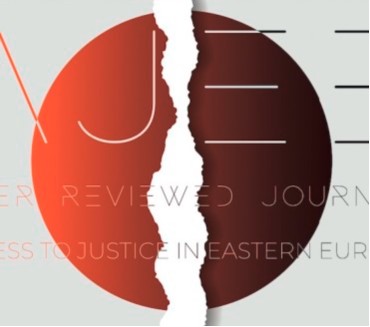Summary: 1. Introduction. – 2. Methodology. – 3. Literature Review. – 3.1. Free Trade Agreements in Western Balkans. – 3.2. Regional cooperation and integration in Western Balkans. – 3.3. Trade liberalization. – 3.4. Central European Free Trade Agreement (CEFTA 2006). – 4. Results and Discussion. – 5. Conclusion.
Background: Collective security is among the main principles guiding today’s international law. This is particularly relevant for a country like Kosovo, whose statehood is contested by several countries, including Serbia, which has violated collective security through various actions. The primary purpose of this paper is to analyse the impact of collective security on Kosovo's integration into the EU, particularly in relation to the implementation and progress of free trade agreements with the EU, such as the Stabilisation and Association Agreement (SAA) and the Central European Free Trade Agreement (CEFTA)
Methods: This paper employs a systematic review of theoretical studies and research. Several sources of theoretical literature regarding Kosovo's EU integration, free trade agreements, regional cooperation in the Western Balkans, and the Stability Pact have been reviewed, and based on this evidence, conclusions have been formulated.
Results and Conclusions: The paper's relevance lies in the fact that it addresses issues of security, economic, political and legal nature. There is a noticeable lack of theoretical evidence on this topic within the Kosovar academic world. Therefore, this paper is particularly relevant, as it integrates these fields. The study of European integration and the effects of free trade agreements in post-conflict countries is of particular importance for countries like Kosovo and other Western Balkan states.

